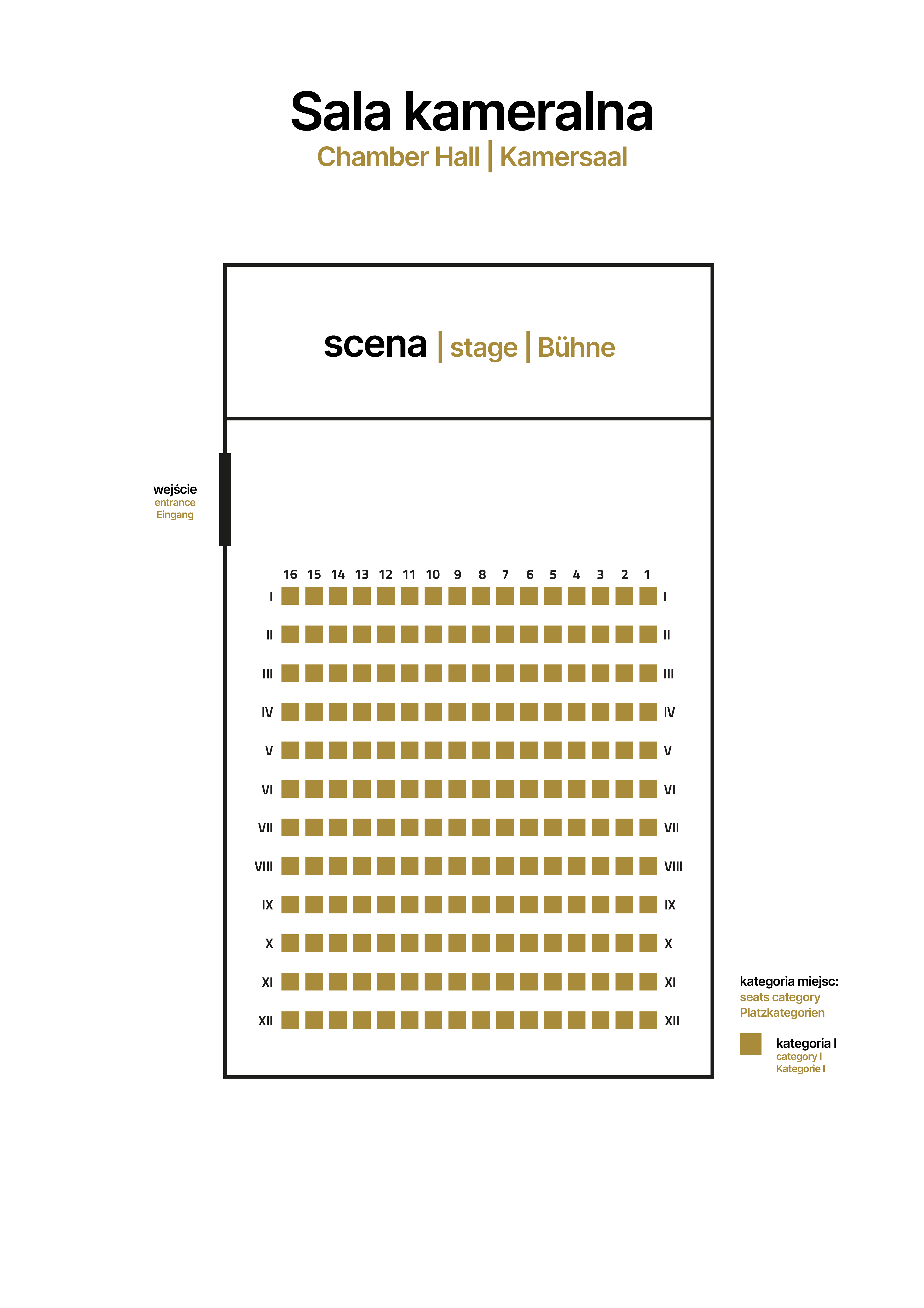Robert Schumann’s Dichterliebe is a song cycle that, for nearly two hundred years, has been performed by voice and piano. In this concert-based on a recording project by
Jerzy Chwastyk and
Susanne Szambelan – the familiar form takes on a new shape. The words are no longer sung but spoken. The music flows not from the piano, but from two instruments: the guitar and cello. A Poet’s Love, presented through the dimensions of text, sound, and time, retains its emotional intensity.
At the heart of the evening is the cycle
Dichterliebe, Op. 48-sixteen songs set to the poetry of Heinrich Heine, composed by Schumann in 1840. In this new arrangement, the music and text exist side by side, on separate planes.
Jerzy Schejbal’s recitation allows the poetry itself to resonate-its rhythm, meanings, and silences. The guitar and cello follow their narrative: they are not mere accompaniment, but a parallel, purely musical story. In this way, words and music do not compete but illuminate one another.
The second part of the concert features
Über Liebe und Tod, a piece composed by
Michaela Catranis specifically for this project. The musical language is contemporary, but the themes remain rooted in the Romantic idiom: love and death, longing, and disappearance.
The evening closes with
Auf einer Burg from the
Liederkreis Op. 39-one of
Schumann’s most enigmatic songs, set to a poem by Joseph von Eichendorff. It depicts a castle guarded by a silent knight. Below, a wedding is taking place, and music can be heard in the valley. Still, the figure in the tower remains unresponsive. Time has stopped-life goes on elsewhere. This song, devoid of drama, speaks of isolation, absence, and being closed off within one’s own emotions. In this version-without singing-it becomes a powerful finale to the concert.
This evening does not seek to reconstruct
Dichterliebe. Instead, it shows how the cycle can function today-in a different arrangement, with a distinct sensibility, but with the same readiness to reflect on love and transience.

